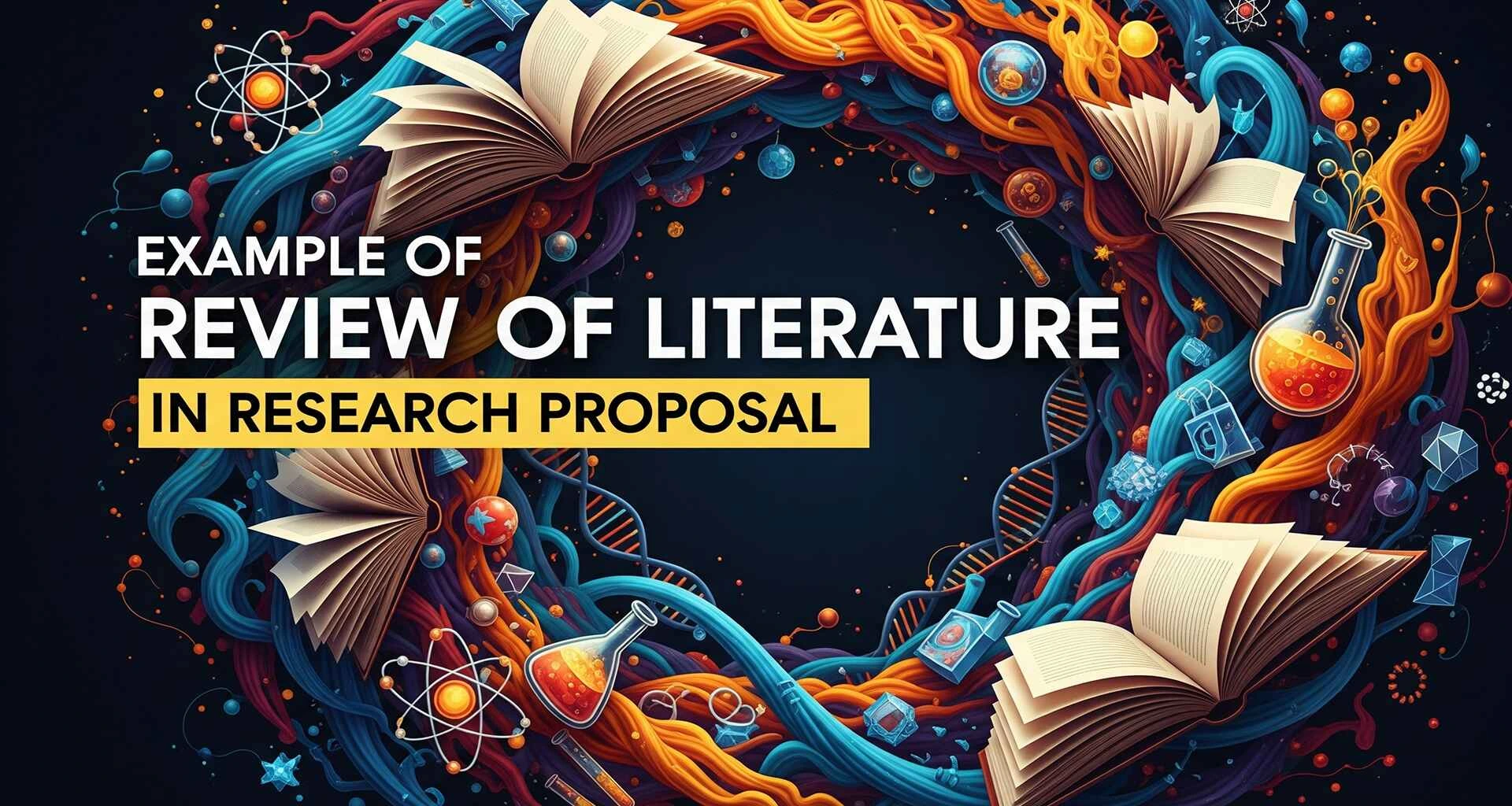
Reena Martin .K
A strong literature review is one of the most important components of any research proposal. It not only demonstrates your understanding of the topic but also shapes the direction and focus of your study.
By carefully reviewing existing research, you can clearly identify gaps, provide context, and show how your work contributes to the academic conversation. This makes your proposal more credible and persuasive to supervisors, reviewers, and funding committees.
For anyone just starting out, it helps to understand what is a research proposal ?, as it provides the framework for preparing a clear and structured literature review. Using an example of a review of literature in a research proposal can also guide you in organising your sources, analysing studies critically, and presenting your arguments coherently.
Ondezx is a trusted resource for scholars who need support in drafting well-researched, coherent, and academically rigorous literature reviews. Their guidance ensures your review reflects originality, critical thinking, and professional standards.
When thinking about how to prepare a research proposal, the literature review becomes one of the most important sections. It sets the stage by summarising and analysing existing studies, helping readers understand the background of your topic and why it matters within the wider academic context.
It also highlights existing gaps in research. By pointing out areas that have not been explored or where findings are contradictory, you show the need for your study and clarify its focus. This makes your research more meaningful and relevant.
Finally, a literature review lays the foundation for your methodology. Learning from how other researchers approached similar questions allows you to design your study more effectively, apply best practices, and avoid common mistakes, ensuring your research is both credible and robust.
A well-prepared literature review is structured around key sources and includes a critical analysis of each study. This helps you demonstrate a deep understanding of the topic and ensures that your review is more than just a summary.
It also showcases how previous studies are integrated to support your research. By connecting findings from multiple sources, you can highlight trends, contradictions, and gaps, which strengthens the rationale for your study.
Looking at practical examples can make writing your own review much easier. To see detailed examples and expert guidance on how to structure and present a literature review, you can explore expert guidance on ondezx’s research proposal.
These examples provide a roadmap for presenting complex research clearly and coherently, helping you craft a review that is both thorough and readable.
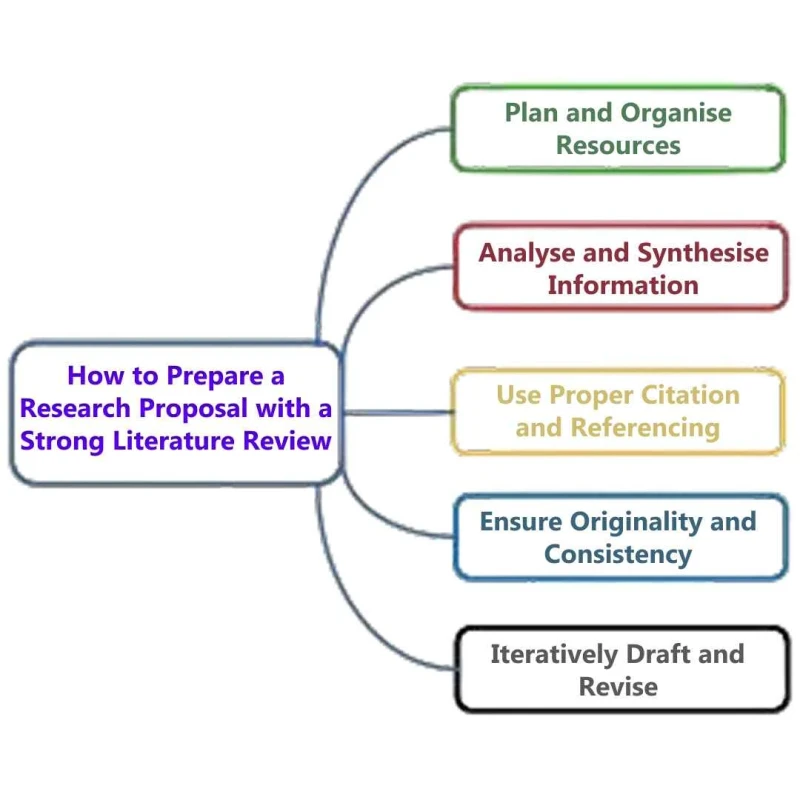
Writing a literature review is a careful planning exercise with systematic execution. Here's a step-by-step explanation of how to make your review complete and effective:
Begin by listing databases, journals, and books that are relevant to the topic. Take meticulous notes and categorise sources in terms of themes, methodology, or theoretical schools. An organised bibliography makes writing and cross-referencing very easy.
Don't just summarise research and evaluate it. Compare approaches, highlight differences, and seek patterns. Synthesis is combining findings across different sources to demonstrate how they connect with your research question.
Proper citation of sources is strictly vital for academic integrity. Always use the recommended style of citation consistently, whether APA, MLA, Harvard, or Chicago. Computer programs like EndNote or Zotero can facilitate referencing and accuracy.
Paraphrase and critically evaluate sources in your own words without plagiarising. Maintain logical consistency by linking paragraphs around themes and ensuring that each section is furthering your research objectives.
No literature review is ever done in a single draft. Revise multiple times, seeking feedback from supervisors or professional editors. Ensure clarity, coherence, and congruence with the goals of your proposal.
By so doing, your literature review will not only review what is done but also clearly set the purpose of your study. An analytical and systematic method promotes readability, strengthens your case, and signals academic proficiency to reviewers.
A strong literature review is critical for a high-quality research proposal. However, many researchers encounter common challenges that can weaken their review. Being aware of these pitfalls and addressing them early can significantly improve your work:
Over-reliance on outdated sources: Ensure all references are current, credible, and relevant to your research topic. Using recent studies demonstrates awareness of ongoing scholarly debates.
Poor organisation: Structure your literature review either thematically, methodologically, or chronologically to maintain clarity and logical flow.
Lack of critical analysis: Avoid simply summarising prior studies. Evaluate the strengths, limitations, and relevance of each source to highlight your understanding and critical thinking.
Inconsistent citation style: Maintain a consistent referencing format (APA, MLA, Chicago, etc.) throughout to uphold academic integrity.
Neglecting research gaps: Identify and emphasise areas where knowledge is lacking. Highlighting these gaps strengthens the rationale for your proposed study.
Leveraging professional academic support, Ondezx can help you structure a coherent, original, and well-cited literature review, saving time while ensuring high-quality output.

Many scholars seek the aid of experts to produce literature reviews that are scholarly, sound, logical, and comprehensive. Ondezx offers customised assistance to enhance the strength and effectiveness of your research proposal:
Advanced degree holders with subject expertise provide customised assistance on literature review sections for conformity with scholarly standards.
Each example is specific, original, and pertinent, mirroring the specific context of your research topic.
From proposal preparation to the final submission, Ondezx gives round-the-clock support, allowing scholars to sail through issues and deliver according to deadlines effectively.
For practical tips and guidance on academic writing, explore the Ondezx PhD blog. Having expert services, Ondezx ensures that your PhD writing insights communicate the full value of your work, provide you with the best chance of approval, and allow you to focus on the intellectual depth of your study without worrying about format and structure.
A robust literature review is essential to the success of a research proposal. It establishes context, identifies gaps, and informs methodology, making your study engaging and authoritative. Through critically assessing previous research and presenting it logically, scholars also demonstrate evidence of intellectual scholarship and willingness to make worthwhile contributions to their field of work, which makes them interesting and credible.
Following the steps, using examples, and professional advice simplifies the process. Ondezx guarantee quality, originality, and clarity, giving your proposal the solid foundation it deserves. A well-thought-out literature review can be the difference between a great proposal and a good proposal, securing approvals, funding, and recognition for your research.

Top 5 Best Literature Review Writing Service for PhD Scholars
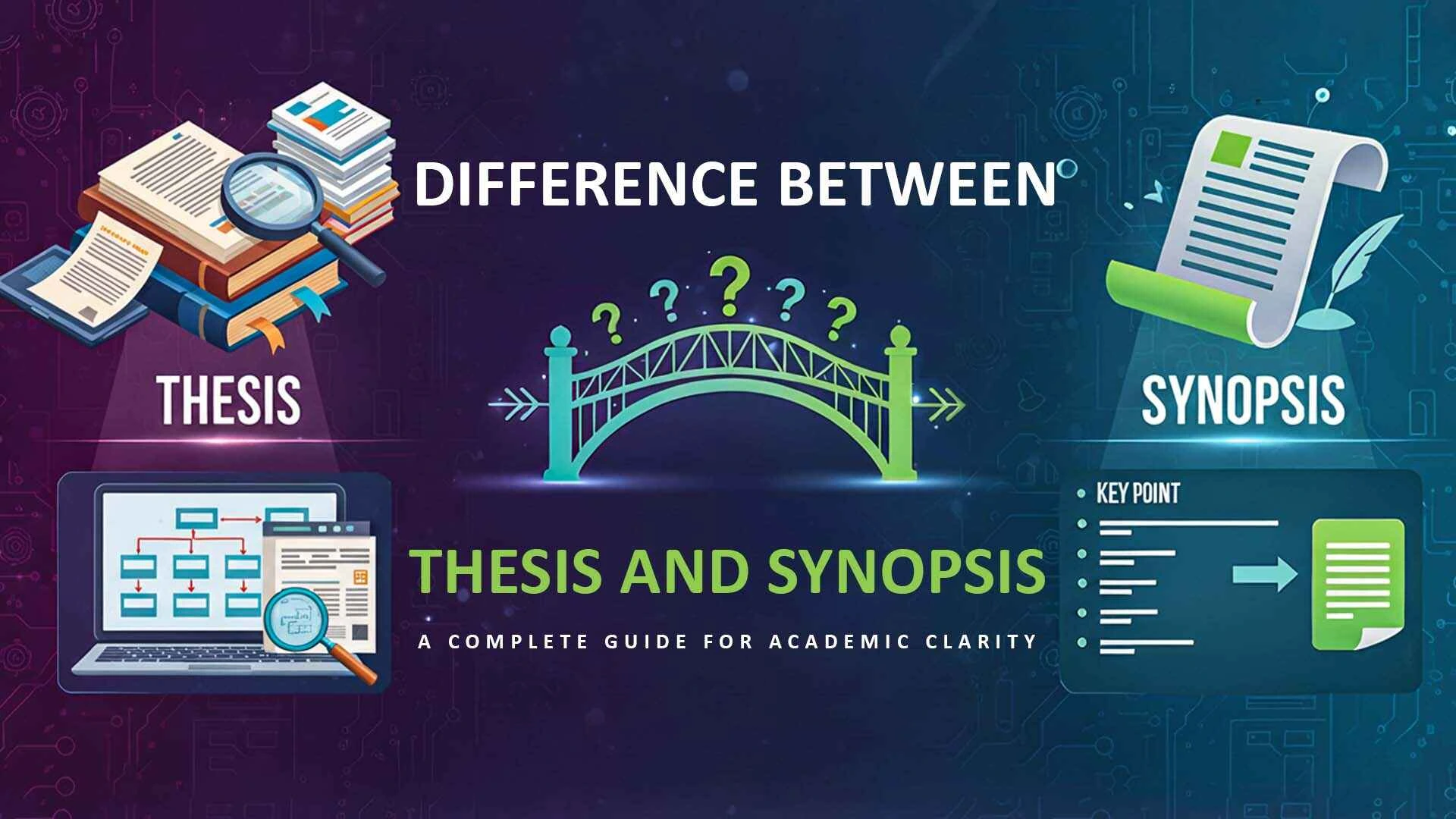
Difference Between Thesis and Synopsis: A Complete Guide for Academic Clarity
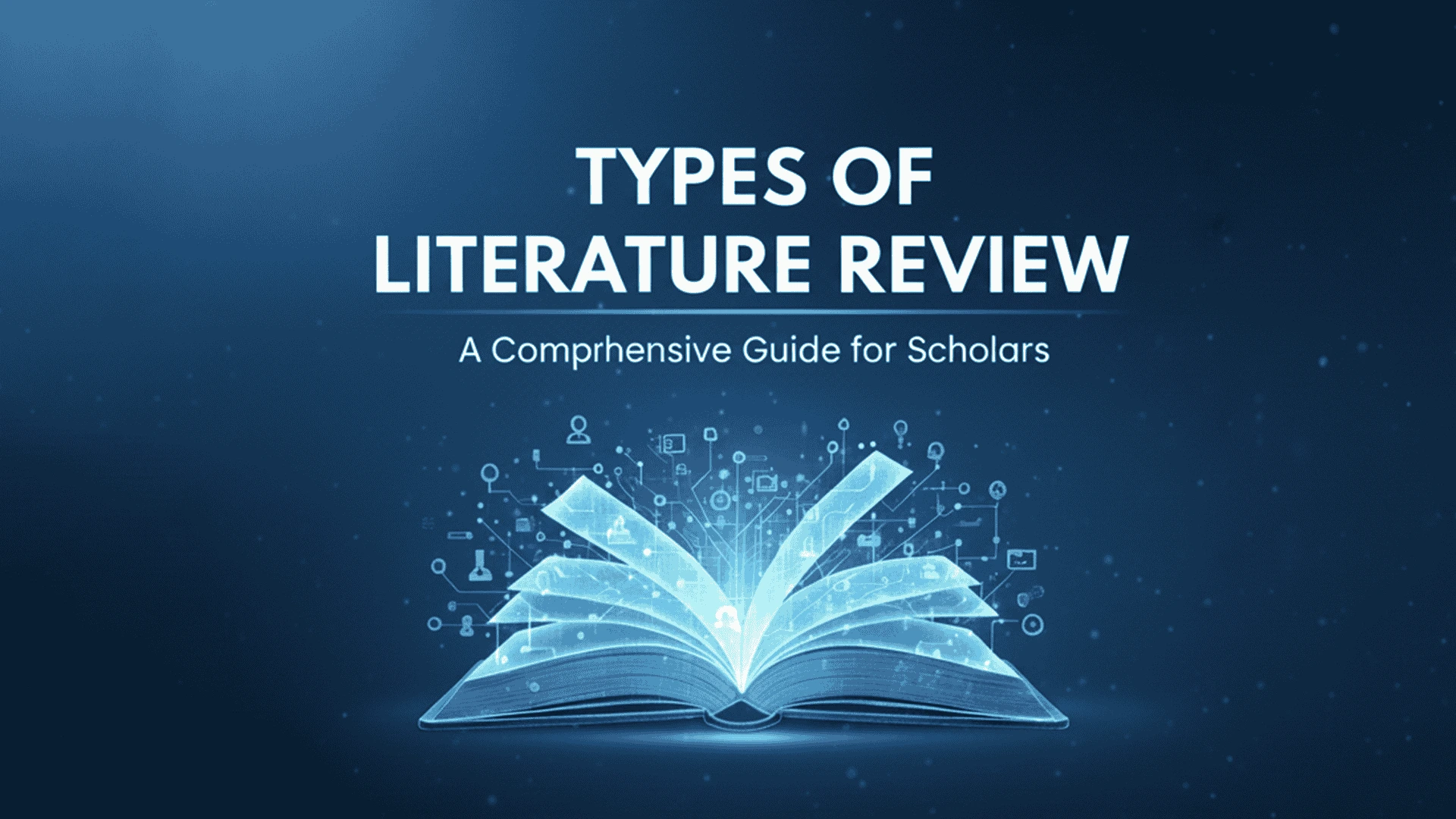
Types of Literature Review Comprehensive Guide for Scholars

Best PhD Assistance Services
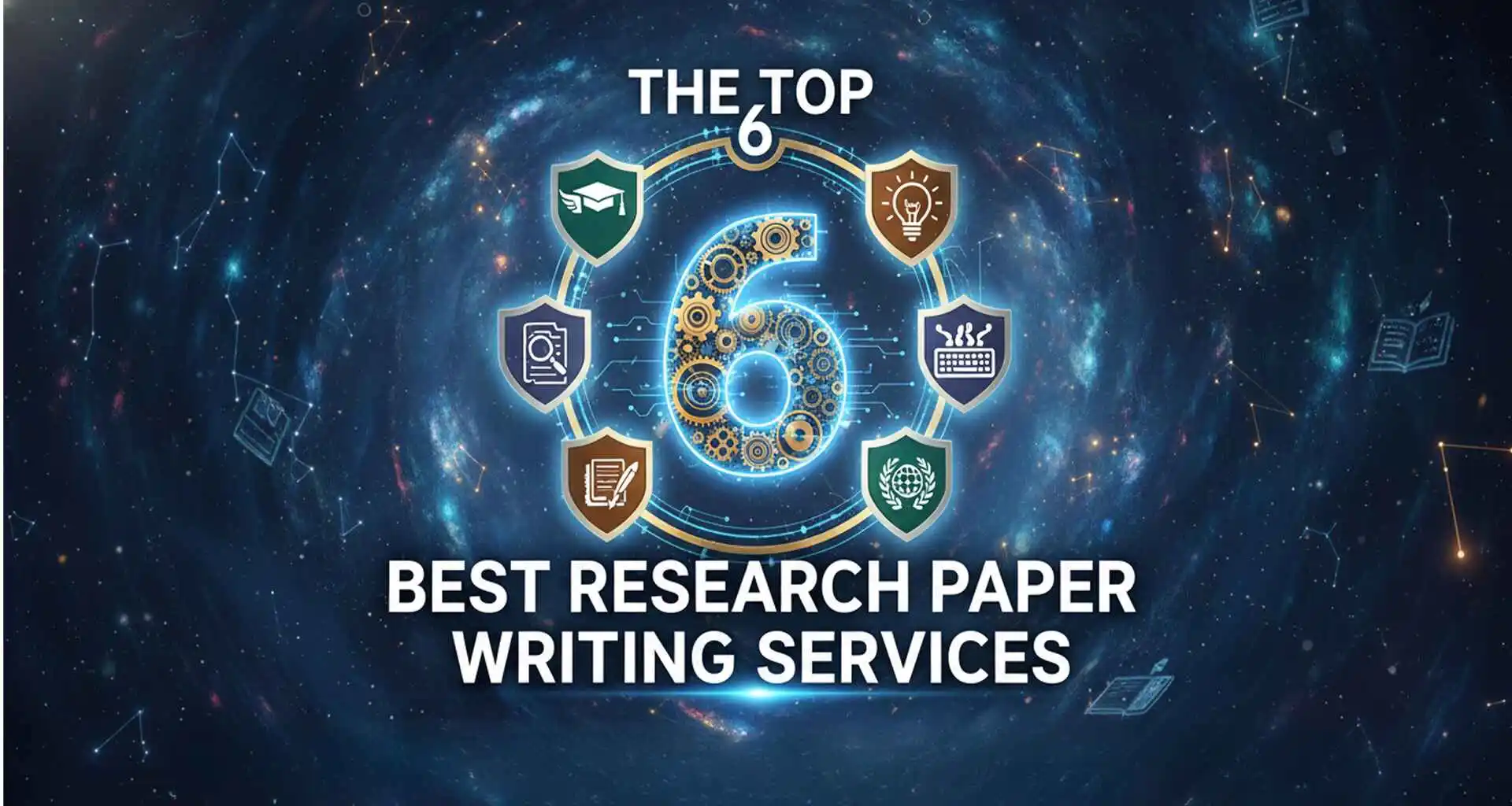
The Top 6 Best Research Paper Writing Services